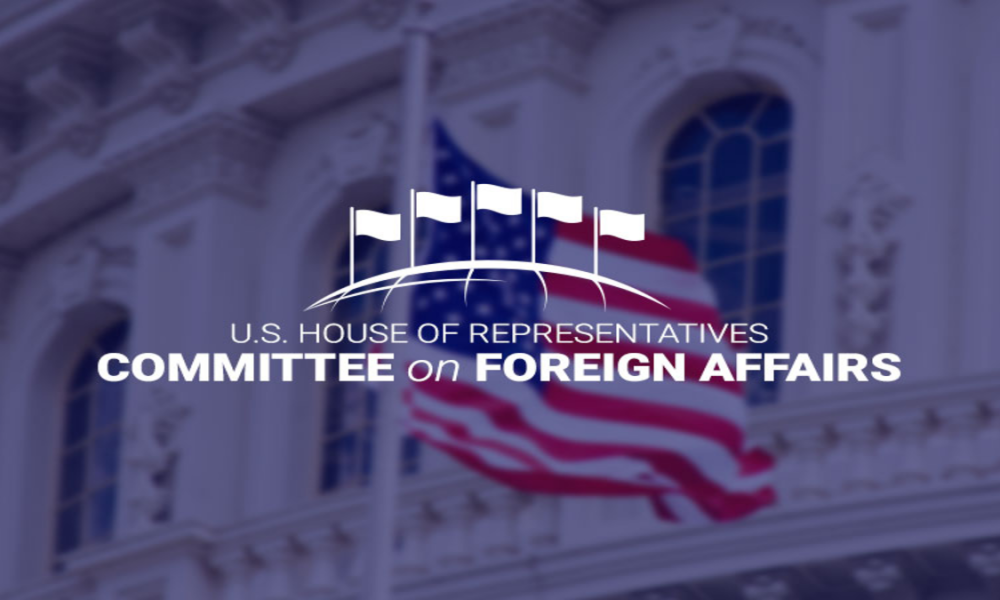Although Tuesday’s meeting intended to address Cuba’s pro-democracy protests, officials focused more on contrasting opinions.
What We Know:
- José Miguel Vivanco, Human Rights Watch’s executive director of the Americas, and Rosa María Payá, the director of Cuba Decide and daughter of the late Cuban activist Oswaldo Payá, were witnesses at the hearing. Alongside Congress members, they discussed ways to help the island’s citizens.
- The witnesses reminded Congress that the Cuban regime was committing human rights violations by jailing political opponents and acting violently towards demonstrators, among others. Additionally, Vivanco and Payá stressed they hold limited knowledge of the situation due to the island’s unreliable internet access.
- However, Vivanco and Payá disagreed on ways to control the situation; Payá called for the United States to sanction the Cuban leaders and anyone who attacks the protestors. She also suggested that Congress make “full use” of the Magnitsky Act; doing so would let the president freeze the human rights abusers’ assets and prevent them from entering the United States. Payá insisted that Congress review “all options under international law.” On the other hand, Vivanco asked politicians to end the embargo, which was “an ongoing policy of isolation.”
- Politicians experienced the same discord. Although Democrats and Republicans alike agreed that the United States should consider sanctioning regime officials and encourage allies and that the U.S. should encourage its allies to speak out in favor of the July 11th protests, they clashed on other terms. For example, Cuban-American Miami Republican Rep. Maria Elvira Salazar argued with Cuban-American New Jersey Democrat Rep. Albio Sires on restoring the island’s internet access. Salazar stated the Biden administration should consider boosting the network capabilities around Havana’s U.S. Embassy and Guantánamo Bay’s U.S. Naval Base; she declared the Department of Defense should hold the capabilities to increase internet signals from U.S. territory. Rep. Salazar also informed Congress the Cuban exile community would fund the project if the Biden administration cannot. Rep. Sires dissented Salazar’s statements, sating that America alone could not circumvent Cuba’s internet blockages.
- Florida representatives also called out several congress leaders for their hypocrisy. Democrat Rep. Debbie Wasserman Schultz attacked Republicans for supporting governmental change in Cuba while also pushing for voter restriction in the United States. She referenced how the party largely denies viewing the events of Jan. 6 as an insurrection yet suggests they are “the champions of freedom.” New York’s Cuban-American Republican Rep. Nicole Malliotakis denied Wasserman Schultz’s claims.
- Recently, the Biden Administration declared it would look into sending internet access to the island, reinstate remittances, and work with international organizations to sanction Cuban leaders for human rights violations. This follows protests and complaints from Cuban-American citizens and leaders alike. However, the White House has not taken any affirmative action in following its promises.
The Miami Herald declared that further discussions of Cuba policy in a divided Congress would be viewed “through a political lens” ahead of next year’s midterm elections.



